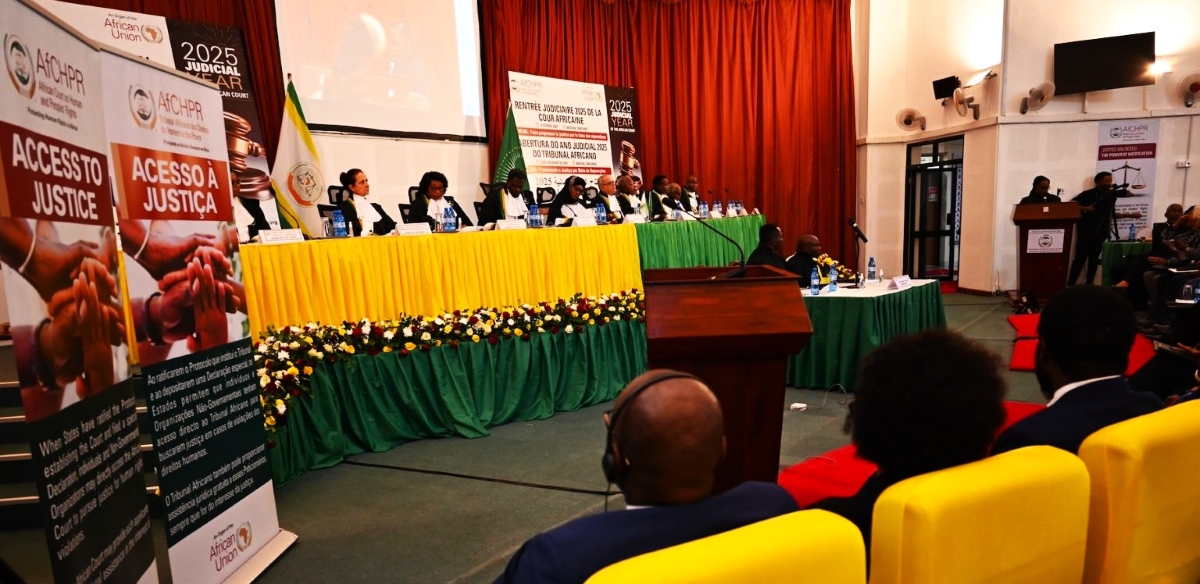Women in areas devastated by civil wars and other forms of conflicts need to be compensated from related sufferings because it is usually them and children who suffer the most from such atrocities.
This was stated by the President of the African Court for Human and People’s Rights, Lady Justice Imani Daud Aboud, during the judges’ training sessions, at the Pan-African legal institute premises in Arusha.
The training, running under the theme of ‘Rendering Justice for women through reparations,’ and which was held at the African court in Tanzania comes at the time when the continent is facing a series of conflicts and violence occurring in Sudan, DR Congo and Somalia.
“Reparations for women and children in areas that have been severely damaged by war, can be translated into a number of things not just monetary compensations,” the African Court President pointed out.
“We have also been looking into customary laws that go against international agreements on gender equality as well as people and human rights, things like early marriages and the right of women to inherit property,” said Lady Justice Aboud.
She cited the case example of the Republic of Mali, a country which was compelled to adjust its laws in accordance with international agreements on human rights, after a case was filed at the African Court in Arusha.

“It is the responsibility of the court to set standards, ironing out laws that go contrary to civilization and human rights,” said the African Court President.
Making a presentation on ‘Gender Mainstreaming in Reparations,’ Dr Joy Ngozi Ezeilo the professor of Public Law and former United Nations Special Rapporteur on trafficking in persons addressed the issue on ‘Historical Injustices and Systems Violations affecting women and girls and the case of gendered reparations.
“In this case we are dealing with sexual violations in conflict situations, child and forced marriages and other harmful cultural practices,” stated Professor Ngozi.
The training was attended by African Court Judges, Ambassadors, learned scholars from higher institutions of learning, taking legal studies, government and non-government organization.
On his part Foluso Adegalu the Program Officer for the Network of African National Human Rights Institutions (NAWHRI), the umbrella body for 47 national human rights institutions said they were contributing to discussion around reparation as it relates to women’s rights in Africa.
“Women who happen to be among the most vulnerable groups on the continent, the general discussion on their reparation is quite important for us as representatives of national human rights institutions, we are committed, of course, to also strength the capacity and the activity of the court, as it relates to the protection and promotion of human rights in Africa,” he said.

